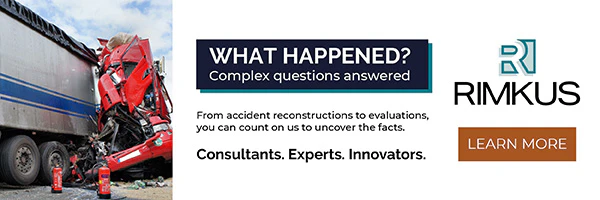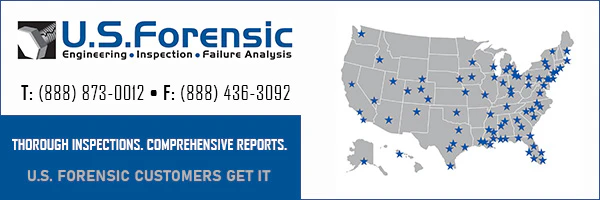Insurers Finding New Ways to Combat Wildfire Risks, Triple-I Report Finds
Thursday, November 17th, 2022 Source: Insurance Information InstituteTechnological advances by insurers and proactive risk prevention by policyholders have the potential to reduce the damage caused by U.S. wildfires, stated a report released today by the Insurance Information Institute (Triple-I) in collaboration with Capgemini.
‘In 2021, we saw $20 billion of economic losses due to wildfire, with only $5 billion of those insured,’ said Sean Kevelighan, CEO, Triple-I, in the report, Tamping Down Wildfire Threats: How Insurers Can Mitigate Risks and Losses. ‘More people are living in harm’s way than ever before, and hopefully this report will help them better manage their risk.’
Eight of the 10 most destructive fires in California’s history have occurred since 2017, with 2018’s Camp Fire in Butte County causing 85 deaths. Most U.S. wildfires don’t threaten populated areas but, when they do, the wildfires pose grave threats to life and property, the report notes.
‘Risk prevention based on data and behavioral science is at the top of the agenda for future-focused insurers,’ says Seth Rachlin, Global Insurance Industry Leader, Capgemini, adding that relatively few insurers are ‘on course to achieve climate resiliency.’
Insurers have access to aerial imagery, land-based sensors, and sophisticated prediction tools as well as the ability to use machine-learning to price policies, the report adds. Capgemini calls the adoption of these advanced technologies ‘critical to unlocking new data potential and enabling more accurate risk assessments.’
Proactive risk prevention programs for policyholders have emerged in California, where the Insurance Institute for Business and Home Safety (IBHS) launched its Wildfire Prepared Home initiative. The IBHS program encourages homeowners to invest in a Class A fire-rated roof; to install ember- and flame-resistant vents; and to create at least five feet of defensible space around their residence. The five feet nearest to the residence is seen as the home ignition zone.
Climate has been a factor in the increasingly costly wildfire activity of recent years, according to Dr. Craig Clements, a professor of meteorology and climate science at San Jose State University and a Triple-I non-resident scholar. ‘Warm temperatures and drier atmospheric conditions affect the fuel. If you get an ignition, these conditions make the fires burn more rapidly, more intensely, and harder to put out,’ Dr. Clements stated.
The report also explores the use of parametric insurance products to supplement traditional property insurance policies. Parametric policies pay policyholders a specific amount based on the occurrence of a certain event.
‘As wildfires and other climate-related catastrophes become more frequent, more severe, and harder to predict, global insurance demand is likely to increase,’ the report states, in its conclusion. ‘The insurance industry, with its long experience in assessing, quantifying, and pricing all kinds of perils, must be involved in helping to manage these evolving risks, both for the protection of the clients it serves as well as for its own vitality and growth.’





